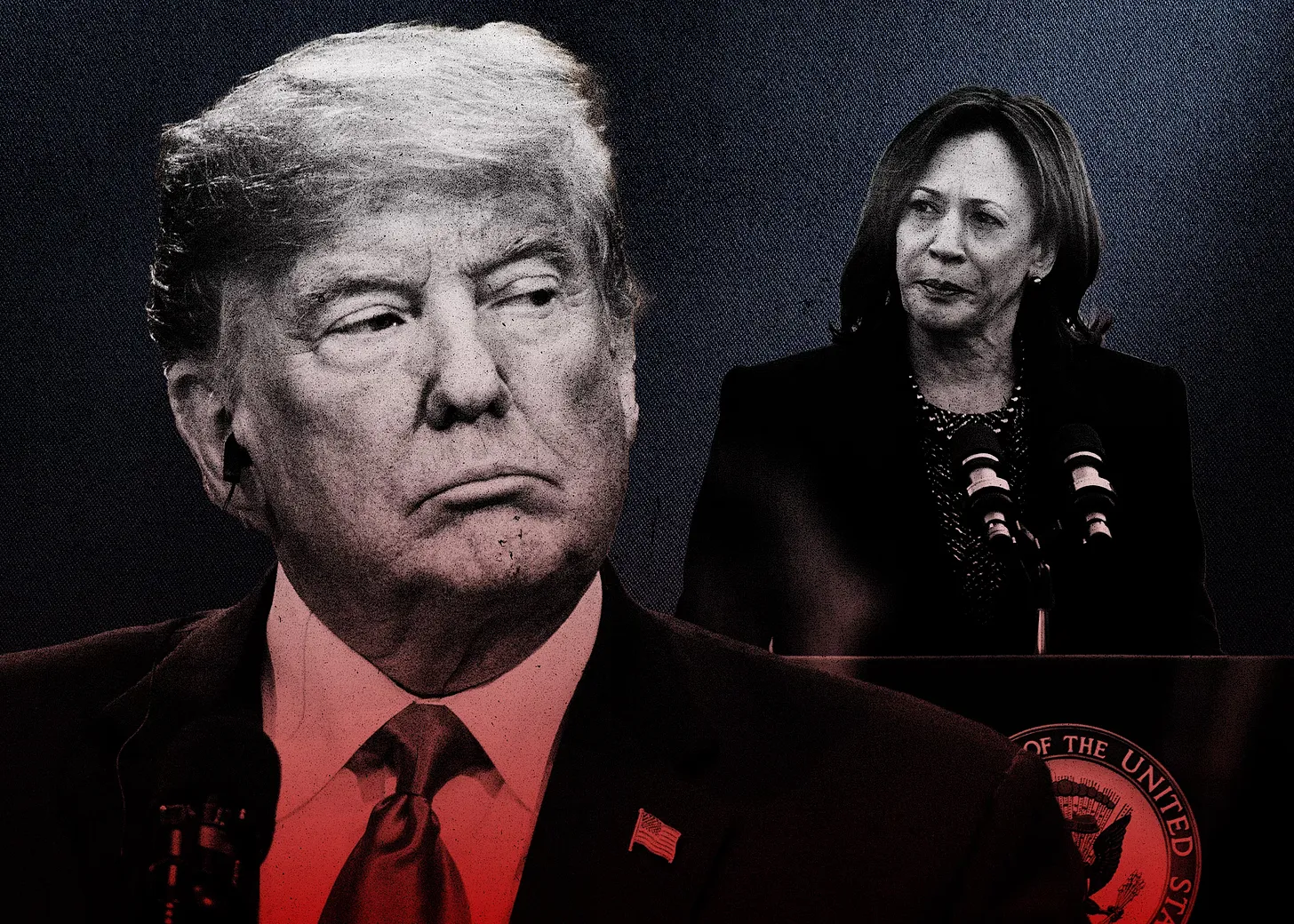Globally, the number of people living in extreme poverty has increased following the fallout of the COVID-19 pandemic amidst subdued economic growth. According to the World Bank’s Poverty and Shared Prosperity 2022 report, a total of 712 million people globally were living in extreme poverty in 2022, using the monetary extreme poverty line of $2.15 per day. The majority of these poor people, almost 500 million, live in Sub-Saharan Africa, with Nigeria accounting for at least 83 million.In other words, 4 out of every 10 people in Nigeria are extremely poor and this may have worsened since the removal of fuel subsidies and exchange rate devaluation policies introduced in the last one year by the new administration in Nigeria.
The World Bank has advised that for Nigeria to lift millions out of poverty through pro-poor initiatives, the fiscal space has to be unlocked by reforming the expensive subsidies, including fuel subsidies, alongside countervailing measures to protect the poor as the reforms take effect. The administration of President Bola Ahmed Tinubu has followed this direction by wasting no time embarking on these reforms as soon as he assumed office in May 2023. The now popular phrase “subsidy is gone” and the easing of the foreign exchange market have led to an increase in the price of premium motor spirit (petrol) from an average of N238.11 per litre in May 2023 to N750.17 per litre in June 2024 and a depreciation of the foreign exchange rate from N461.26/US$1 in May 2023 to N1584.5/US$1 in June 2024. These reforms have since exacerbated the inflation rate in the country, rising from 22.41 percent in May 2023 to 34.19 percent in June 2024, with food inflation reaching 40.87 percent. The excruciating and debilitating effect of inflation has led to the “Ebi n pawa o” outcry by Nigerians, which literarily means the Nigerian masses are hungry.
Indeed, life is now cruel for many households, a reality that has pushed the leadership of organisedlabour to remain resolute in fighting for a living wage for Nigerian workers. The labour unions had earlier proposed N494,000 as the minimum wage that the federal government should pay Nigerian workers. After a lot of stalemated negotiations, organisedlabour stood at N250,000 as the minimum wage based on the economic realities of the time, while the federal government proposed between N62,000 and N65,000, using the ability-to-pay principle. There are divergent opinions on the stand of the labour unions that some regard as extreme. The debate as to whether the minimum wage proposed by the labour unions was really obnoxious or not begs for deeper reflection and contemplation.
To provide insight into the argument of the labour unions and understand their position, it is necessary to focus on the value of the real wage or income, otherwise called the purchasing power of income, which is a gauge of the worth of income in terms of the commodities or services obtainable at a given point in time. Using inflation-adjusted wage as the basis for analysis, as inflation rises over time, the quantity of commodities that a given income can buy reduces. To keep the discussion in proper context, therefore, this discussion is centred on minimum wage between 2009 and 2024, taking 2009 as the base year. In other words, the price levels of the subsequent years are compared to the 2009 level. The real minimum wage or the purchasing power is observed by accounting for price changes, usually an increase. It should be recalled that the minimum wage has undergone several revisions, from N5,500 in 2000 to N18,000 in 2011 under President Goodluck Jonathan, and then increased to N30,000 by President Muhammadu Buhari in 2019.
For instance, the real value of the minimum wage of N5,500 in 2009, the base year, was reduced to about N4,824 after accounting for the price increase of commodities between 2009 and 2010. In simple terms, the N5,500 in 2010 could only purchase products worth N4,824 in 2009. Again, in 2011, when the new minimum wage of N18,000 was introduced, the real income or its purchasing power was only worth N14,285.71, the highest value in the last 15 years. By 2019, when the new minimum wage of N30,000 was introduced, the real value of the wage was barely N9,868.42. The worth of the minimum wage diminished considerably in 2023 to a mere N5,025.13.
Therefore, the real value of the proposed minimum wage of N250,000 by organized labour is only N31,249.21 going by the current inflation rate. Moreover, the federal government and organisedlabour, after consultations with other stakeholders on July 18, 2024, agreed to a minimum wage of N70,000, which is now expected to be reviewed every three years. This newly agreed minimum wage of N70,000, after accounting for the price level, is barely about N8,750 in real terms.
The magnitude of the problem at hand is enormous. Most government workers are currently earning less than the extreme poverty level of $2.15. Effectively, either in real or dollar terms, the condition of the average Nigerian worker in 2024 has not changed from the previous year. If anything at all, it has worsened, even with the agreed new minimum wage. Indeed, it can be concluded that the labour unions were not daydreaming by insisting on the N250,000.

